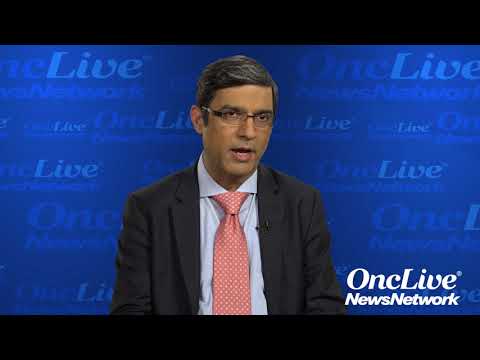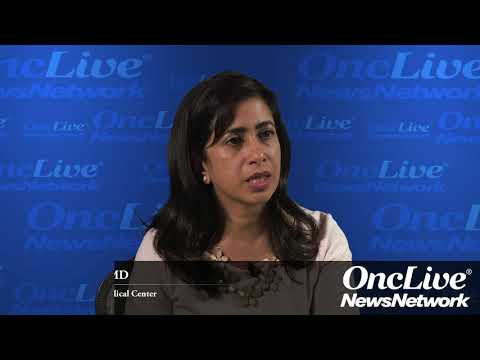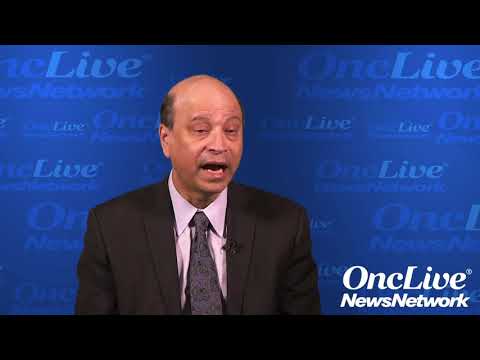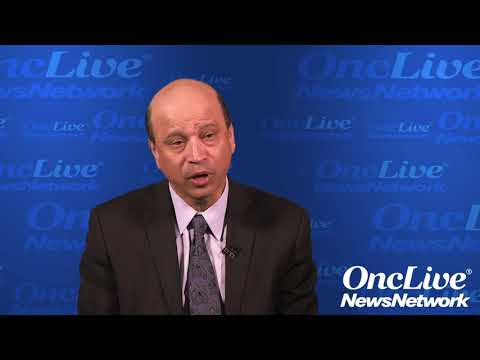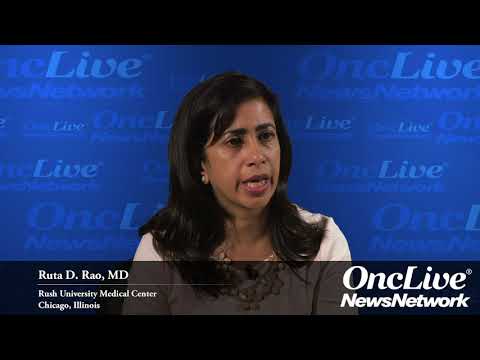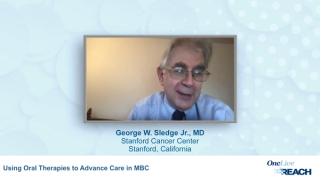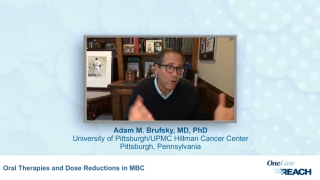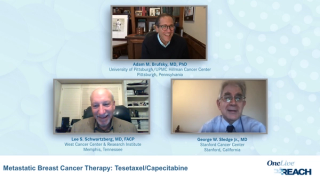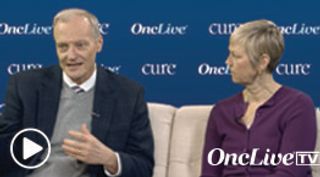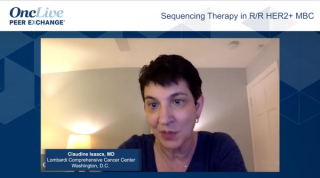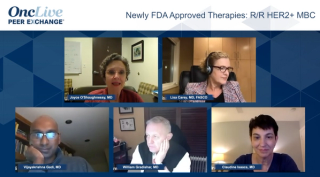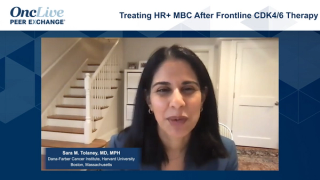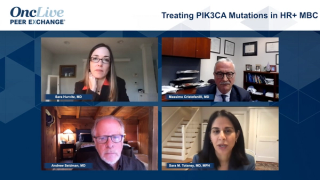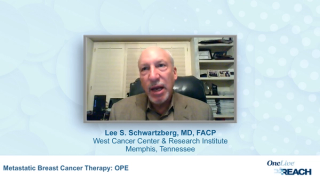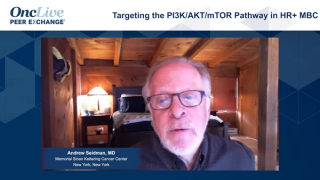
Breast Cancer
Latest News
Latest Videos

CME Content
More News
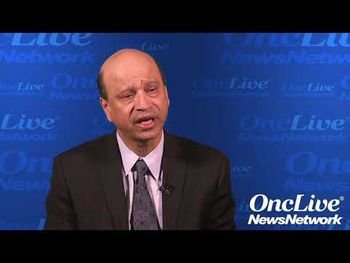
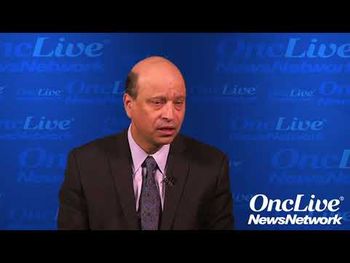
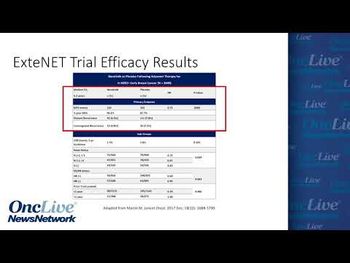
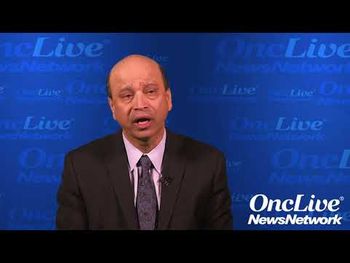
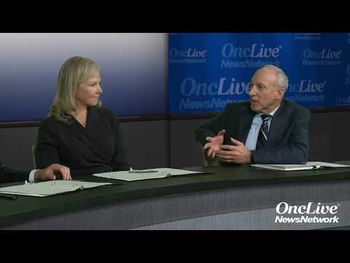
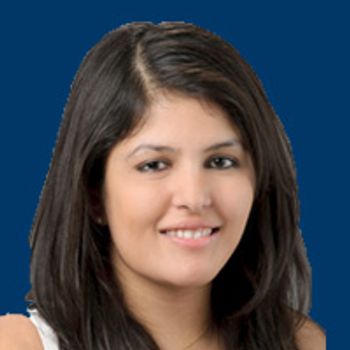
Rashmi K. Murthy, MD, MBE, discusses the role of tucatinib in CNS metastases for patients with HER2-positive breast cancer.
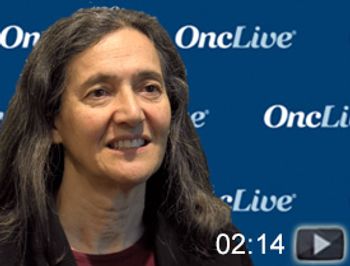
Prudence Francis, MD, Peter MacCallum Cancer Centre, discusses the SOFT trial for patients with breast cancer.
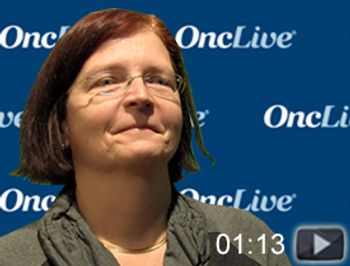
Steffi Oesterreich, PhD, professor and vice chair of Precision and Translational Pharmacology, University of Pittsburgh, discusses developing treatment for patients with invasive lobular carcinoma (ILC).
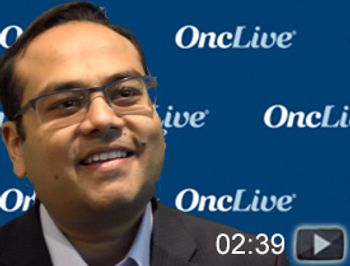
Aditya Bardia, MD, MPH, assistant professor of medicine, Harvard Medical School, attending physician, Medical Oncology, Massachusetts General Hospital, discusses a trial investigating sacituzumab govitecan for patients with triple-negative breast cancer (TNBC).

Enzalutamide showed promising clinical activity in patients with androgen receptor–positive triple-negative breast cancer.
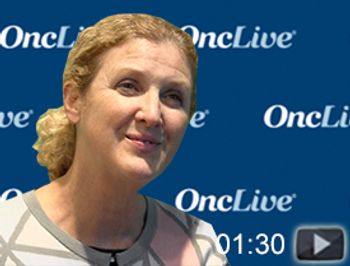
Lisa A. Carey, MD, professor, UNC Lineberger Comprehensive Cancer Center, discusses the CALGB 40502/NCCTG N063H trial in patients with triple-negative breast cancer (TNBC).
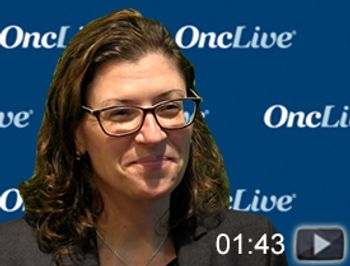
Tari King, MD, FACS, chief of Breast Surgery, Dana-Farber Cancer Institute, Brigham Women’s Cancer Center, discusses the role of sentinel lymph node biopsy in breast cancer.
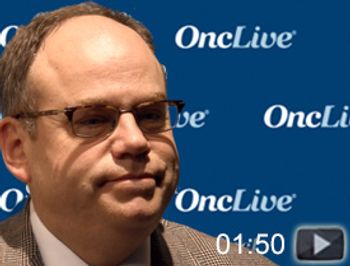
Matthew P. Goetz, MD, professor of oncology and pharmacology, Division of Medical Oncology, Department of Oncology, Mayo Clinic, discusses the MONARCH trials for patients with breast cancer.
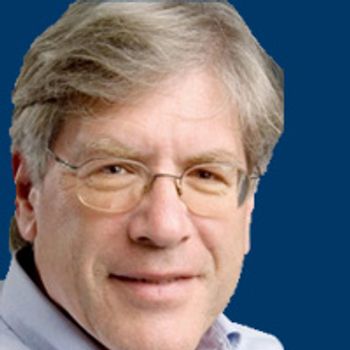
Oncology drug developers have been able to leverage knowledge about a cause of proliferation— dysregulated activity of the cyclin-dependent kinases (CDKs)—to create a new class of therapy that has rapidly been integrated into the breast cancer treatment paradigm.
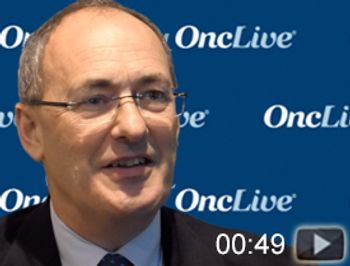
Matthew J. Ellis, MD, PhD, professor of oncology and medicine at Baylor College of Medicine, discusses developments with immunotherapy for patients with HER2-positive breast cancer.
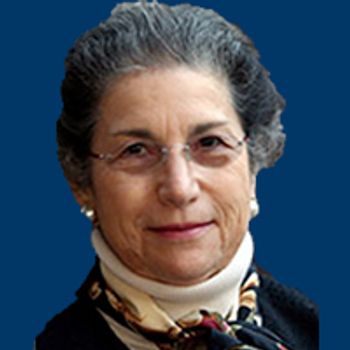
Trastuzumab did not reduce cardiac function in women with node-positive, HER2+, early-stage breast cancer.

Although chemotherapy remains the mainstay of treatment for patients with triple-negative breast cancer, promising developments are unfolding on several fronts, including new ways of using existing therapies and the exploration of immunotherapy, novel antibodies, and agents targeting the PI3K/mTOR/AKT pathway.
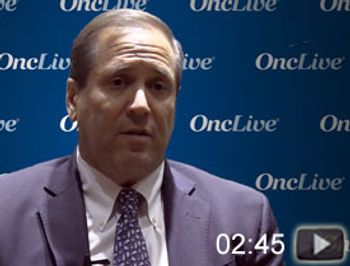
Adam M. Brufsky, MD, PhD, professor of medicine, associate chief, Division of Hematology/Oncology, co-director, Comprehensive Breast Cancer Center, associate director, Clinical Investigation, University of Pittsburgh, discusses the FDA approval of olaparib (Lynparza) for the treatment of patients with germline BRCA-positive, HER2-negative metastatic breast cancer who have previously received chemotherapy in the neoadjuvant, adjuvant, or metastatic settings.
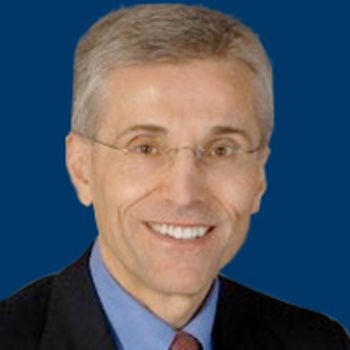
The FDA approved the PARP inhibitor olaparib (Lynparza) for the treatment of patients with germline BRCA-positive, HER2-negative metastatic breast cancer.
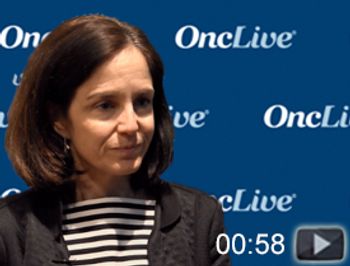
Susan Domchek, MD, director of the Basser Center for BRCA at Penn Medicine, discusses promising biomarkers in breast cancer.

Aleix Prat, MD, PhD, discusses the novel treatments being developed in the paradigm of HER2-positive breast cancer.
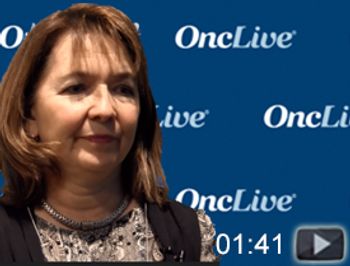
Denise A. Yardley, MD, senior investigator of breast cancer research, Sarah Cannon Research Institute, discusses the randomized placebo-controlled phase II trial evaluating exemestane with/without enzalutamide (Xtandi) in patients with hormone receptor (HR)-positive breast cancer

An analysis of the phase III OlympiAD study showed that treatment discontinuation due to toxicity was less frequent with olaparib (Lynparza) monotherapy in patients with HER2-negative metastatic breast cancer and a germline BRCA mutation.
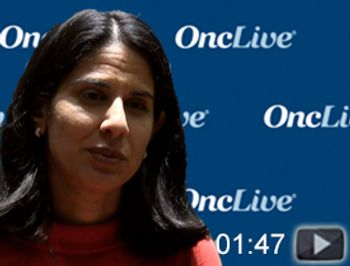
Sara M. Tolaney, MD, MPH, instructor of medicine, Harvard Medical School, attending physician of medical oncology, Dana-Farber Cancer Institute, discusses the evolution of adjuvant treatment for patients with HER2-positive breast cancer.

The FDA has granted ribociclib a breakthrough therapy designation for use in combination with tamoxifen or an aromatase inhibitor as frontline treatment for pre- or perimenopausal women with hormone receptor–positive, HER2-negative advanced or metastatic breast cancer.


